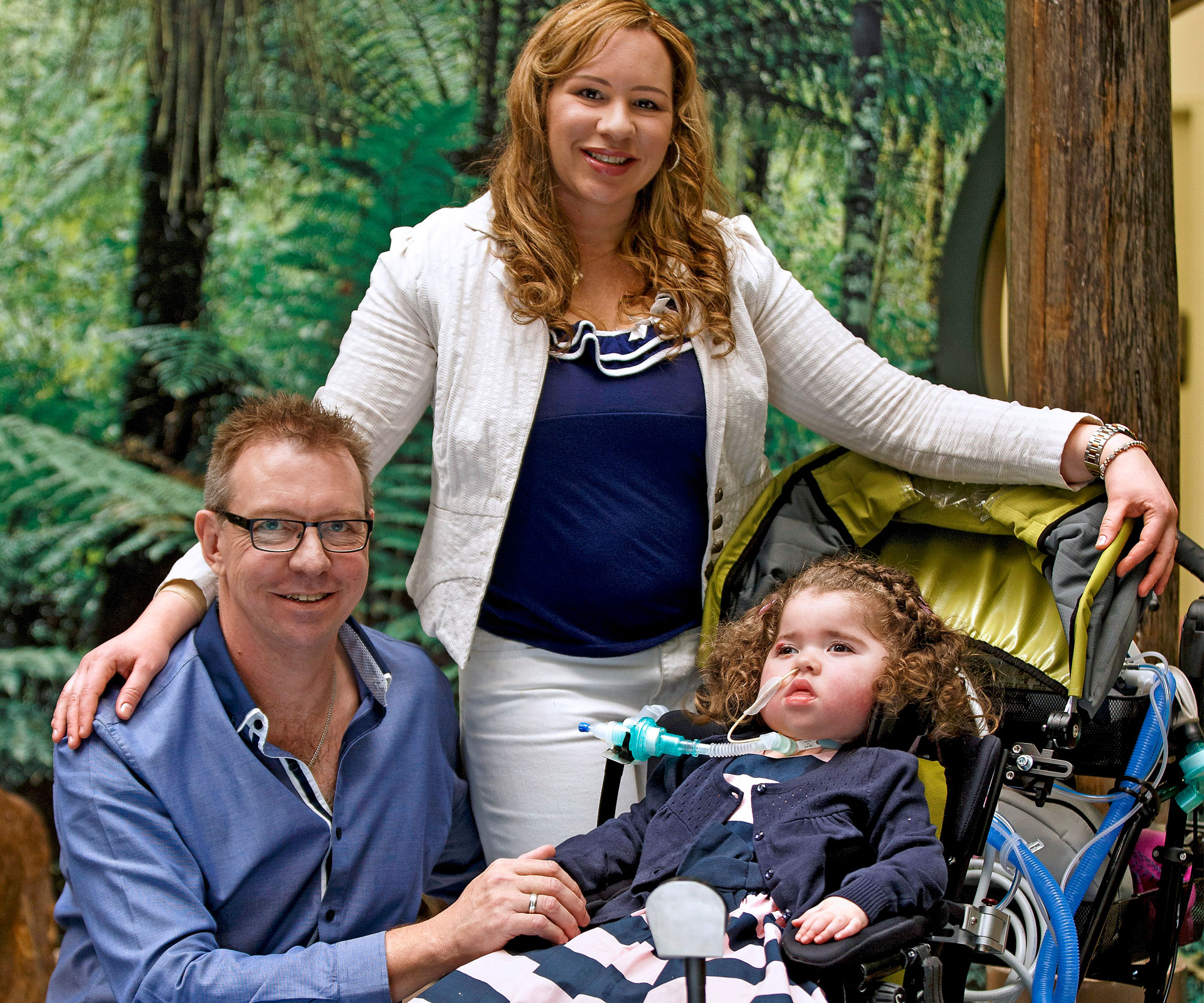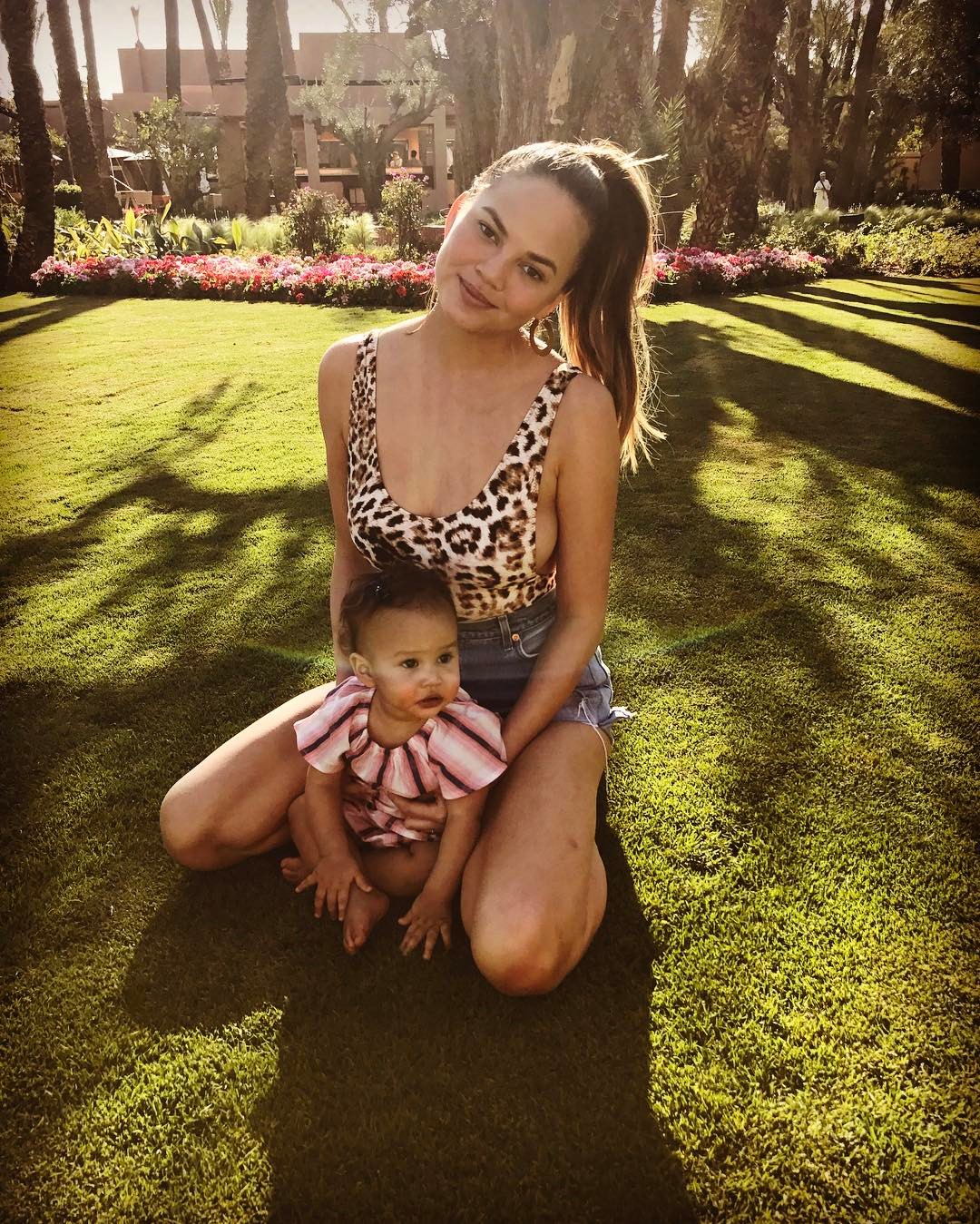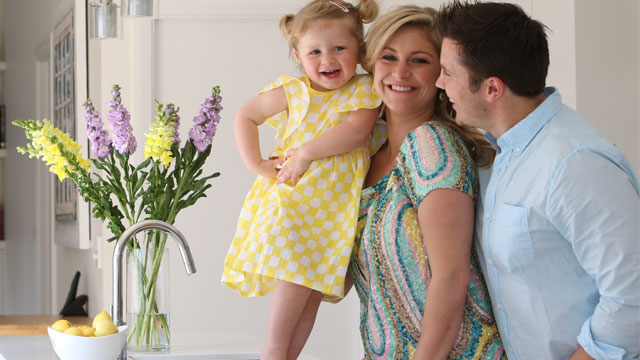Sweet little Ana-Carolina was a long-awaited, seemingly perfect daughter for her besotted parents Peter Bircham and Elane de Moraes Lobo. But by the time she was 18 weeks old, their baby girl was struggling to move.
“We took her to the GP and were referred to Starship children’s hospital,” says Brazilian-born Elane. “We were initially sent home, but she got worse, so we came back to hospital on October 12, 2013 and we’ve never left.”
For almost two years, Auckland’s Starship has been home for the beautiful little girl with the tight curls, while a medical team and her dedicated parents support her around the clock. Tube-fed and kept alive by a ventilator, Ana-Carolina celebrated her first and second birthdays in hospital.
“She has no physical deformities and her organs, metabolism and hormones are normal,” tells dad Peter. “She just can’t move much or breathe properly. Ana-Carolina is a mystery.”
After 340 genetic tests and other examinations, specialists still don’t know what’s wrong with her. An MRI of Ana-Carolina’s brain shows it is unaffected except for a thickening of the nerves around her spine. Although the two-year-old is bedridden, her parents walk her around the hospital grounds most days in a wheelchair with a portable ventilator. She has a standing frame and enjoys being lifted onto a chair for a cuddle on Mum or Dad’s lap.
“She’s not in pain, she’s not unwell, she doesn’t need pain medication and she’s happy,” tells Peter.
Elane, 41, and Peter, 54, say they see small, encouraging improvements in their girl. “Every day, she wiggles her toes and fingers, moves her thumbs to activate switches, makes limited noises and smiles,” tells Elane.
“As the first child in New Zealand on a ventilator to use a speaking valve, she is now learning to control the noises she can make, and she indicates with her eyes which books, toys and DVDs she likes and doesn’t like – like most two-year-olds!”
Peter insists, “Switching off the ventilator and letting her die is not an option. We may not have a diagnosis, but for the most part, she’s a responsive and happy little girl.”

Little Ana-Carolina has celebrated all of her birthdays in Starship.
Promising start
Peter and Elane met while speed-dating four years ago. “We hit it off,” remembers Peter. “At first meeting, we discussed kids.”
Ana-Carolina’s healthy arrival into the world on July 4, 2013, was a “joy”, say her parents. “She was an active and noisy baby – she was just perfect,” recalls Elane.
The family had booked a trip back to Brazil for Elane’s great-grandmother’s 97th birthday when Ana-Carolina became sick.
Just after her vaccinations at four-and-a-half months, her parents noticed Ana-Carolina had lost movement, especially in her legs, and was struggling to verbalise. Within days, she was battling to breathe on her own.
“Our beautiful girl went from being healthy to being attached to a ventilator,” tells Elane. The couple, who live in Auckland, dream of one day taking their baby home to her own bed. But because Ana-Carolina is on a ventilator and under 24-hour nursing care, they’ve moved her nursery into the hospital room she shares with three other gravely ill children. Peter and Elane work in shifts so one of them can be with her 20 hours a day.
Ana-Carolina’s corner is decorated in pink. It has her books, toys and a TV playing her favourite show, Peppa Pig.
“This is her home until we can take her home safely, in a secure, supportive environment,” explains Peter.
Ana-Carolina is one of the longest-staying patients in pediatric intensive care, where critically ill babies and children are cared for. She’s been there more than 700 days – the average stay is 3.5 days. All patients have one-on-one nursing care 24/7 at a cost of about $5500 per day or around $2 million a year.
Peter says they’re thankful for the care, but it’s a difficult artificial environment for Ana-Carolina, who is surrounded by noisy machines, surgical-grade lights, distressed families, and nurses and doctors working through the night.
He and Elane used to befriend the other families, but not any more. “It’s hard – we’ve seen over 35 babies and kids die in this unit since we’ve been here,” says Elane. “These kids are the sickest of the sick and while the majority get better, some never leave.”
For their precious girl, Peter and Elane are looking overseas – other countries offer treatments such as a pacemaker-type device fitted into the diaphragm to help breathing. They also dream of taking Ana-Carolina home on a ventilator, with a good plan and in a supportive environment. It’s something that hasn’t happened before in New Zealand.
“One thing we’re not going to do is give up hope,” insists Elane. “How can we give up hope when we don’t know what’s wrong with her? We are just enjoying spending time with our baby and looking to the day we can take her home.”
Peter and Elane have set up a Givealittle page for anyone who would like to donate towards Ana-Carolina’s medical care.



